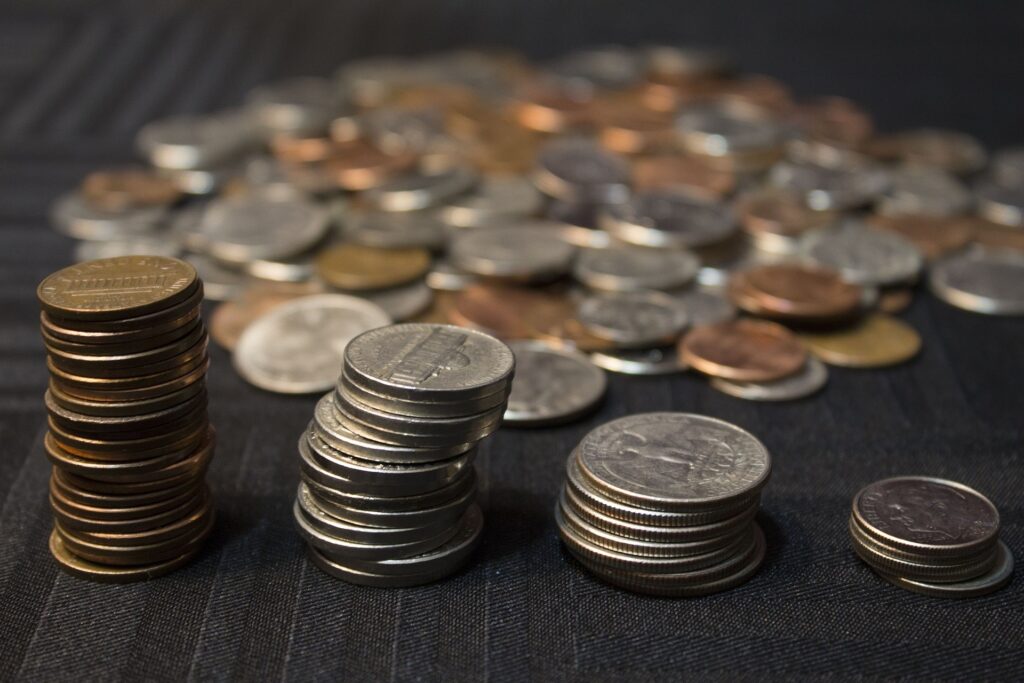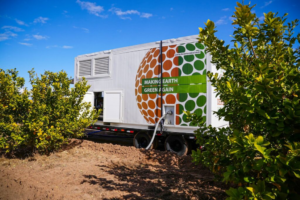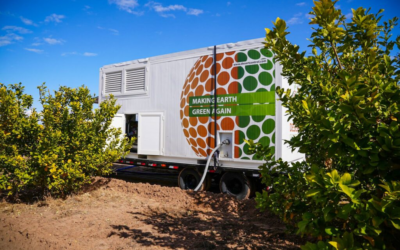The search for clues to the nickel mystery starts with a kick
The revelation that around $2 million of ‘nickel’ on the London Metal Exchange (LME) was actually just bags of rocks has shone a spotlight on the vast web of warehouses and metal stores that underpin the billions of dollars of derivatives traded daily on the LME. The search for clues to the nickel mystery continues to baffle everyone involved.
In the past week, warehouse staff from Busan, South Korea, to Genoa, Italy, have rushed to check tens of thousands of two-ton bags of nickel – in some cases by literally kicking them.
The LME advised warehouse operators to wear boots with steel toe caps for safety, said one person who received the instructions.
Rule of thumb: If it hurts when you kick it, it’s probably a nickel.
The bulk inspection, which also included more carefully calibrated checks such as weighing and scanning the bags, came after the LME announced last week that it had discovered “irregularities” in nine nickel contracts.
The contracts – now void – belonged to JPMorgan Chase & Co.
No other problems were found in the LME’s global network of warehouses, the exchange said on Thursday.
Attention will now turn to the question of how the bags of stones could have been bought and sold as nickel on the LME – long seen by traders as the place where they don’t have to guess the contents of their loads.
The first sign of trouble came after some of the bags of ‘nickel’ were bought from an LME-registered warehouse in the Netherlands by two trading companies, Trafigura Group and Stratton Metals.
When the bags were delivered to them, their weights did not match the paperwork. Inside, rather than nickel briquettes – which look like lumps of charcoal for grilling – the bags had stones.
When the rest of the Dutch warehouse was searched, the bags behind nine LME contracts belonging to JPMorgan were also found to contain stones.
There are two possible explanations: either the bags were already full of stones when they were first delivered to Access World’s warehouse in Rotterdam, or someone snuck into the warehouse to steal the nickel.
Access World leans towards the second theory, as it has a record of the material that was weighed when it first entered the warehouse, people familiar with the matter said.
It’s far from the first time the metals industry has had to deal with scandals and thefts, and nickel’s high value makes it a favorite among fraudsters.
Just last month, Trafigura said it had fallen victim to a “systematic fraud” in which it spent about $600 million on cargoes of nickel that turned out not to contain the metal.
In 2017, banks lost more than USD 300 million after discovering fake warehouse receipts for nickel stored in Access World warehouses in Asia – in that case outside the LME network.
Metal traders joke about how the oldest known written complaint – on a clay tablet in the British Museum – describes a deal gone wrong over substandard copper.
But in today’s world, the LME system is the only place where metal is assumed to be unquestionably safe.
The exchange contract, which is the global benchmark for industrial metals such as copper, nickel and zinc, is backed by physical metal in the network of warehouses around the world.
While the vast majority of trades on the exchange are purely financial transactions involving hedge funds looking to bet on the price of metals, or producers looking to hedge, anyone with an expiring contract receives a package of metal in an LME registered warehouse.
The whole system relies on warehouse companies vouching for the metal they have loaded when they produce an LME ‘warrant’ – a warehouse receipt that can be delivered against an LME contract.
“High base metal prices make them a natural target for fraud and theft,” says Simon Collins, former head of metals at Trafigura and CEO of digital trading platform TradeCloud. “Commodity companies need to protect themselves through rigorous practices around people, processes and technology.”
Access World has said it believes the nine warrants suspended by the LME were an isolated case, “specific to a warehouse in Rotterdam.”
A promotional video for the company’s facility in the Rotterdam port area shows a brightly lit warehouse filled with piles of shiny metal, as well as many security cameras.
A headache for investigators is that it is far from clear when any nefarious activity took place.
The material was delivered to the warehouse in Rotterdam several years ago, people familiar with the matter said. It may have remained undetected for years, due to a characteristic specific to the nickel market.
Unlike aluminum and copper, which are stored in neat piles in warehouses, most of the nickel in the LME is stored in the form of bagged briquettes. Storage and shipping companies usually do not look inside the bags, but only check that the seals have not been tampered with.
They issue warehouse receipts, known as warrants, on what is known as ‘said to contain’ – meaning they cannot guarantee the content.
About the Viking
With Viking’s signals, you have a good chance of finding the winners and selling in time. There are many securities. With Viking’s autopilots or tables, you can sort out the most interesting ETFs, stocks, options, warrants, funds, etc.
Click here to see what Vikingen offers: Detailed comparison – Stock market program for those who want to become even richer (vikingen.se)













